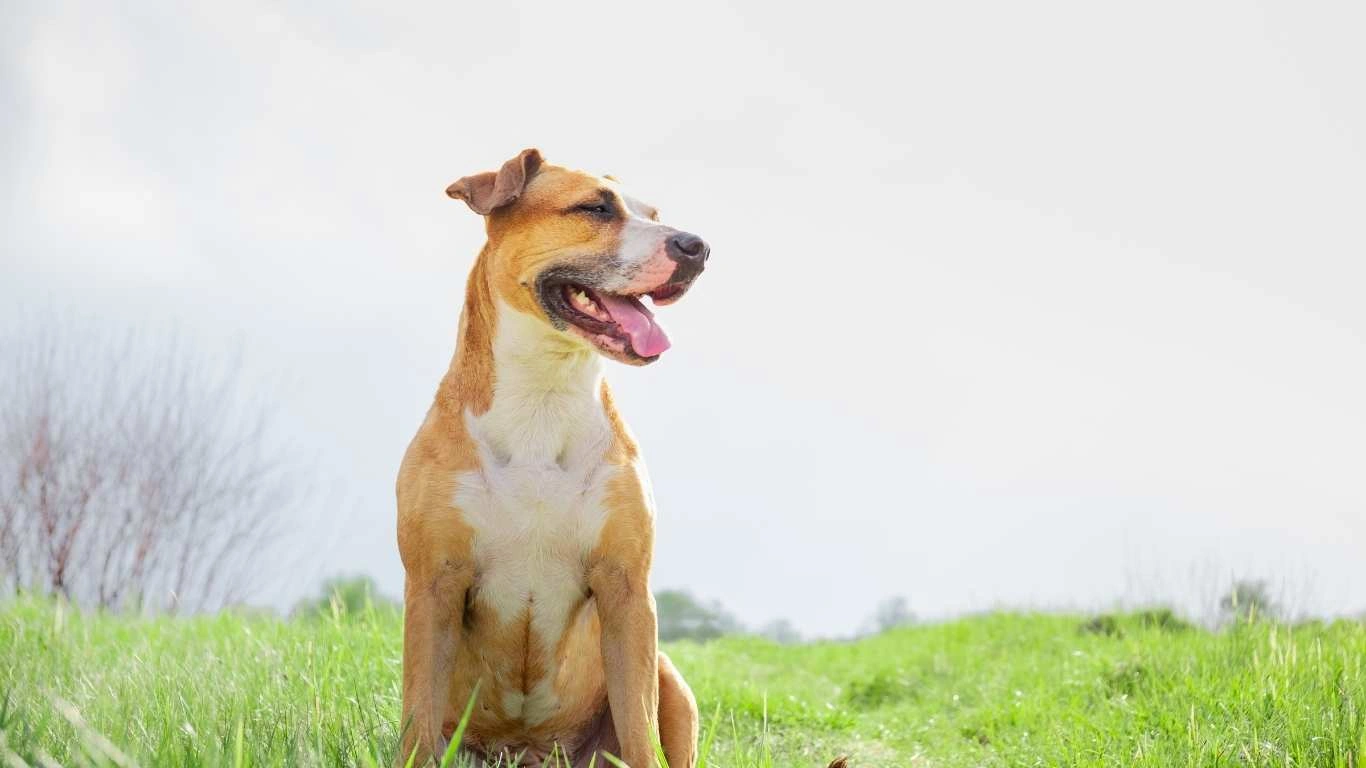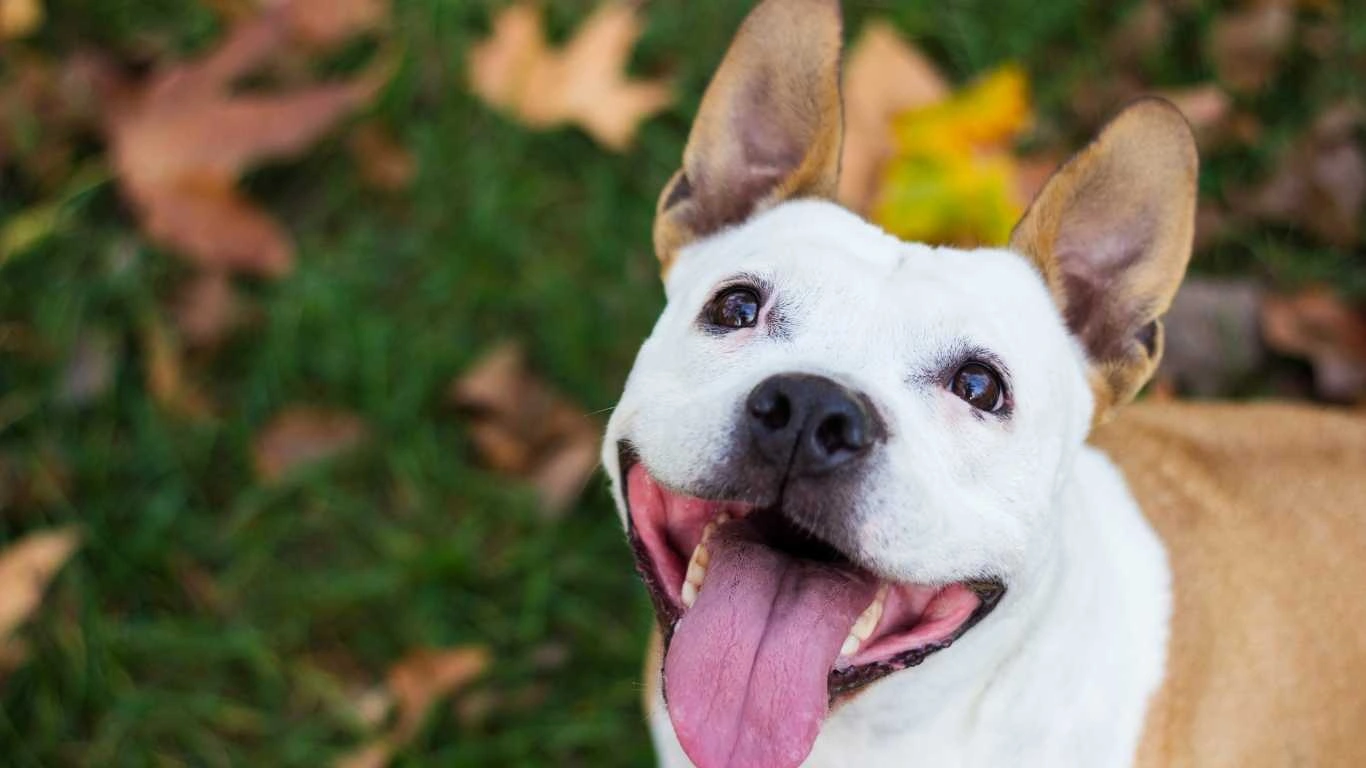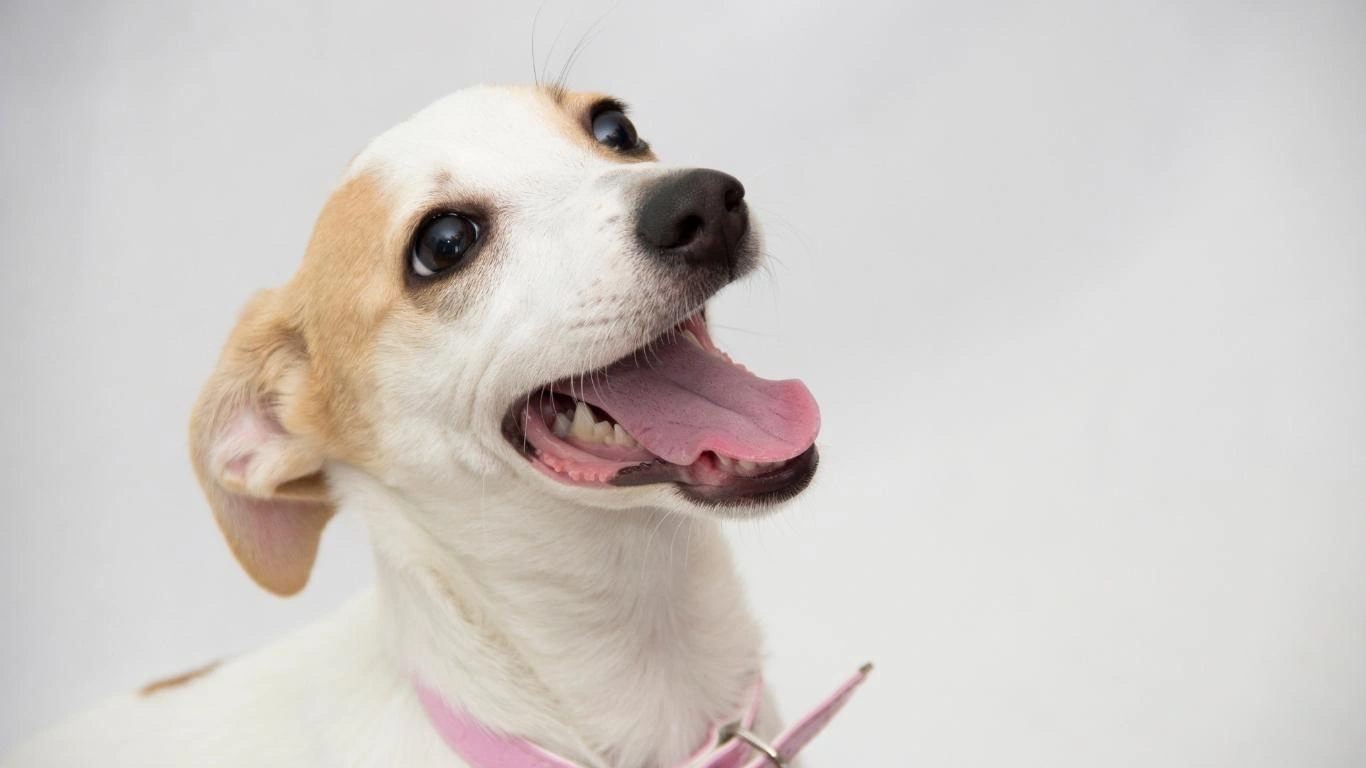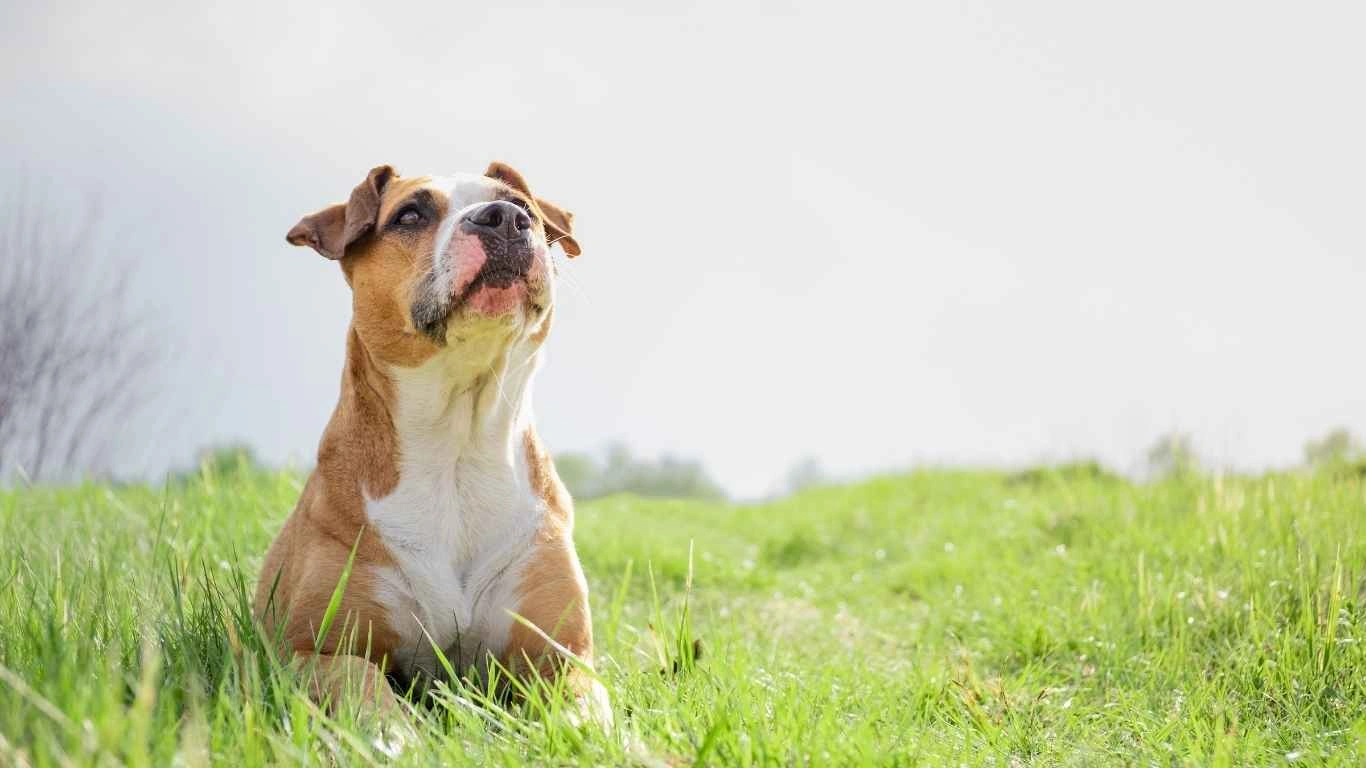Can Dogs Eat Broccoli and Other Cruciferous Vegetables? The Truth About Safe Veggies
Can dogs eat broccoli and other cruciferous vegetables? If you’ve ever caught your pup eyeing your plate of roasted broccoli or sneaking a nibble of cauliflower, you’re not alone. As an Animal Care Specialist, I’ve had countless pet parents ask me if these veggies are safe for their furry companions. The short answer? Yes—but there are a few crucial things you need to know before sharing your greens with your pup.
Is Broccoli Safe for Dogs? The Good, the Bad, and the Crucial Facts

Let’s start with the good news—broccoli is not toxic to dogs. In fact, this cruciferous veggie is packed with essential vitamins and minerals, making it a potentially healthy treat. But before you start tossing florets to your pup, let’s break down the pros and cons.
Health Benefits of Broccoli for Dogs
Broccoli is a powerhouse of nutrients that can benefit your dog’s health in several ways:
- Rich in Vitamins: Loaded with Vitamin C, Vitamin K, and folate, which support immune function and bone health.
- High in Fiber: Helps with digestion and can prevent constipation.
- Antioxidant Properties: Broccoli contains compounds that combat inflammation and may even help prevent certain diseases.
- Low-Calorie Snack: A great option for pups needing to maintain a healthy weight.
Potential Risks of Feeding Broccoli to Dogs
While broccoli is nutritious, too much of a good thing can cause problems:
- Isothiocyanates: This natural compound found in cruciferous vegetables can cause mild to severe gastric irritation in dogs if consumed in large amounts.
- Choking Hazard: Broccoli stems can be tough to chew, especially for small dogs. Always cut them into bite-sized pieces.
- Digestive Upset: Introducing new foods too quickly can lead to bloating, gas, or diarrhea.
How Much Broccoli Can Dogs Eat?

Like everything in a dog’s diet, moderation is key. A general rule of thumb is that broccoli should make up no more than 10% of your dog’s daily food intake. Anything beyond 25% could lead to stomach issues.
Best Ways to Serve Broccoli to Dogs
To keep things safe and healthy, here are some vet-approved ways to prepare broccoli for your pup:
- Steamed: Softens the vegetable, making it easier to digest.
- Raw: Fine in small amounts, but cut into bite-sized pieces.
- Roasted (No Seasoning!): Adds a bit of crunch, but avoid oils, salt, or spices.
- Mixed with Other Foods: Sprinkle a few small pieces into your dog’s regular meal.
What About Broccoli Stems and Leaves?
The florets are generally safer, but what about the rest of the plant?
- Broccoli Stems: They’re edible but tougher to chew. Chop them up or steam them.
- Broccoli Leaves: These contain nutrients too but should be given in small amounts to avoid stomach upset.
Can Dogs Eat Other Cruciferous Vegetables?

Broccoli isn’t the only cruciferous vegetable out there. You might be wondering about cauliflower, Brussels sprouts, or even cabbage. Good news—many of these veggies are safe for dogs, but each comes with its own set of benefits and precautions.
Cauliflower
Another nutrient-packed option, cauliflower is low in calories and great for digestion. But like broccoli, too much can cause gas and bloating.
Brussels Sprouts
These tiny green veggies are full of fiber and antioxidants, but they can also cause excessive gas—trust me, I’ve seen my fair share of gassy pups in the clinic!
Cabbage
Cabbage is fine in moderation and can even promote gut health, but raw cabbage contains goitrogens, which can interfere with thyroid function if eaten in large amounts.
Cruciferous Vegetables and Dogs: What You Need to Watch Out For

So, we’ve established that cruciferous veggies like broccoli, cauliflower, and Brussels sprouts are generally safe for dogs—but that doesn’t mean they come without risks. As someone who’s worked closely with pet nutrition and health, I’ve seen firsthand how well-meaning pet parents can accidentally overdo it. While dogs can enjoy these veggies in moderation, some important factors must be considered.
The Gas Factor: Why Too Much Can Be a Problem
One of the most common issues with cruciferous vegetables? They can make your dog gassy—really gassy. If you’ve ever fed your pup a piece of broccoli and later regretted it while sitting in a closed room with them, you know what I mean.
These vegetables contain raffinose, a complex sugar that ferments in the gut. While this isn’t harmful, it can lead to excessive bloating, discomfort, and some truly legendary dog farts. If your dog seems uncomfortable or bloated after eating these veggies, it’s best to cut back.
Thyroid Concerns: Can Cruciferous Veggies Affect Your Dog’s Health?
Cruciferous vegetables contain goitrogens—compounds that can interfere with thyroid function if consumed in large amounts. While this isn’t an issue for most healthy dogs, it can be problematic for dogs with thyroid conditions, such as hypothyroidism.
If your pup has been diagnosed with thyroid issues, it’s best to check with your vet before introducing large amounts of broccoli, cabbage, or other goitrogenic vegetables into their diet.
Raw vs. Cooked: Which Is Better for Dogs?

One of the most common questions I get from pet parents is: “Should I give my dog raw or cooked broccoli?” The answer depends on your pup’s digestive system and how you plan to serve it.
Raw Broccoli: Pros and Cons
- Pros: Higher in nutrients since cooking can break down some vitamins.
- Cons: Harder to digest, can pose a choking hazard, and may cause more gas.
Cooked Broccoli: Pros and Cons
- Pros: Easier to digest, less likely to cause gas, and softer for small or older dogs.
- Cons: Some nutrients are lost in the cooking process.
If you choose to cook broccoli for your pup, steaming or boiling it is the best way to retain most of the nutrients while making it easier to digest.
How to Introduce Cruciferous Vegetables to Your Dog’s Diet

Whenever you’re introducing a new food to your dog, the key is slow and steady. Even if a vegetable is safe, too much at once can upset their stomach.
Step-by-Step Guide to Introducing Broccoli and Other Veggies
- Start Small: Give your dog a tiny piece (think pea-sized) and monitor for any signs of discomfort.
- Wait and Observe: Look for digestive issues like bloating, diarrhea, or excessive gas.
- Gradually Increase: If your pup tolerates it well, you can slowly increase the portion size.
- Mix It In: Try adding small pieces of broccoli to your dog’s regular food instead of giving it as a standalone snack.
Every dog is different. Some may love broccoli, while others might turn their nose up at it. My own dog, for example, will happily munch on cooked broccoli, but raw? He acts like I’ve insulted him by even offering it!
Homemade Dog Treats with Cruciferous Vegetables
If you’re looking for creative ways to add these veggies to your dog’s diet, why not try making homemade dog treats? Here’s a simple recipe I often recommend to pet parents.
Easy Broccoli and Sweet Potato Dog Treats
- Ingredients:
- 1/2 cup steamed and mashed broccoli
- 1/2 cup mashed sweet potato
- 1 egg
- 1 cup oat flour
- Instructions:
- Preheat your oven to 350°F (175°C).
- Mix all the ingredients together in a bowl until it forms a dough.
- Roll the dough out and cut into small shapes.
- Place on a baking sheet lined with parchment paper.
- Bake for 15-20 minutes or until firm.
- Let them cool completely before serving!
Not only are these treats easy to make, but they also provide a great way to sneak in some extra nutrients. Plus, they’re much healthier than store-bought snacks with artificial ingredients.
Signs That Your Dog May Not Tolerate Cruciferous Vegetables

While many dogs enjoy the occasional bite of broccoli or cauliflower, some may have a harder time digesting these vegetables. I’ve seen cases where pet parents were excited to give their pups a “healthy snack,” only to end up with an unhappy (and gassy) dog. So, how do you know if your dog isn’t tolerating cruciferous veggies well?
Common Signs of Digestive Upset
- Excessive Gas: A little tooting is normal, but if your pup suddenly turns into a fart machine, you may need to cut back.
- Diarrhea or Loose Stools: A clear sign that your dog’s stomach isn’t handling the new food well.
- Bloating: If your dog looks uncomfortable, is pacing, or has a tight, swollen belly, they may have eaten too much.
- Vomiting: A more serious reaction that means cruciferous veggies might not be a good fit for your pup.
- Loss of Appetite: If your dog seems uninterested in food after eating broccoli or another cruciferous vegetable, it could be a sign of discomfort.
If you notice any of these symptoms, stop feeding the vegetable immediately and monitor your pup. If symptoms persist or worsen, consult your vet.
Alternative Vegetables That Are Safe for Dogs

Not all dogs are fans of cruciferous veggies, and that’s totally fine! There are plenty of other dog-safe vegetables that provide similar health benefits without the gas and potential thyroid concerns.
Great Vegetable Alternatives for Dogs
- Carrots: Crunchy, sweet, and great for dental health.
- Green Beans: Low in calories and high in fiber.
- Pumpkin: Excellent for digestion and a good source of fiber.
- Sweet Potatoes: Packed with vitamins and great for homemade dog treats.
- Zucchini: Light on the stomach and easy to digest.
These vegetables can be prepared similarly to broccoli—steamed, roasted (without seasoning), or even served raw in small pieces.
What Do Vets Say About Cruciferous Vegetables for Dogs?
Veterinarians generally agree that broccoli and other cruciferous vegetables are safe in moderation, but they always stress the importance of portion control. Here are some key points from vet recommendations:
- Portion Size Matters: Too much broccoli can cause stomach upset and gas.
- Cooking Helps Digestion: Lightly steaming or boiling makes these veggies easier to digest.
- Raw Is Okay in Small Amounts: As long as it’s cut into small pieces to prevent choking.
- Dogs with Thyroid Issues Should Avoid It: Due to the goitrogens present in cruciferous vegetables.
When in doubt, always check with your veterinarian before making any significant changes to your dog’s diet.
Final Thoughts on Dogs and Cruciferous Vegetables
So, can dogs eat broccoli and other cruciferous vegetables? Yes—but with some important considerations. These veggies offer a variety of health benefits, but they should be given in moderation to prevent digestive upset. The best approach is to introduce them slowly, observe how your dog reacts, and always opt for properly prepared servings.
If your pup enjoys broccoli, great! Just be mindful of portion sizes, cooking methods, and any signs of discomfort. And if they turn their nose up at it? No worries—there are plenty of other dog-friendly veggies to explore!
References
Disclaimer
The information provided in this article is for educational purposes only and should not be taken as veterinary advice. Every dog is different, and dietary needs vary based on age, breed, and health conditions. If you have any concerns about introducing new foods to your dog’s diet, consult your veterinarian.






